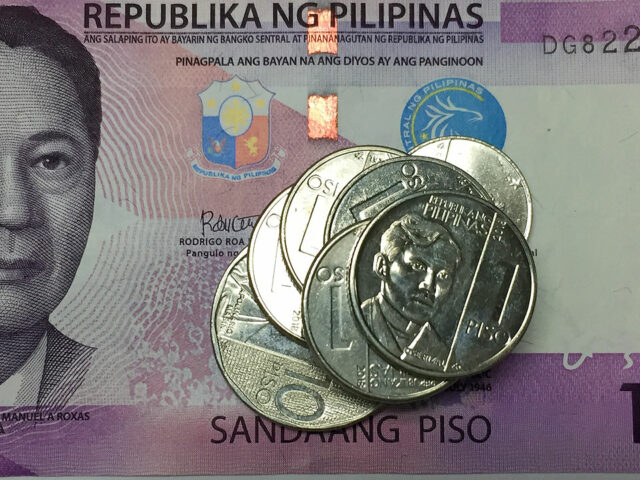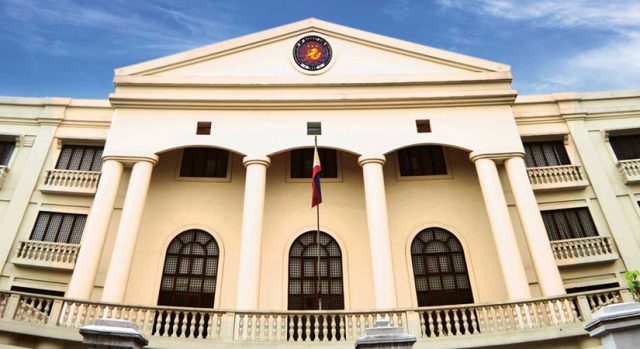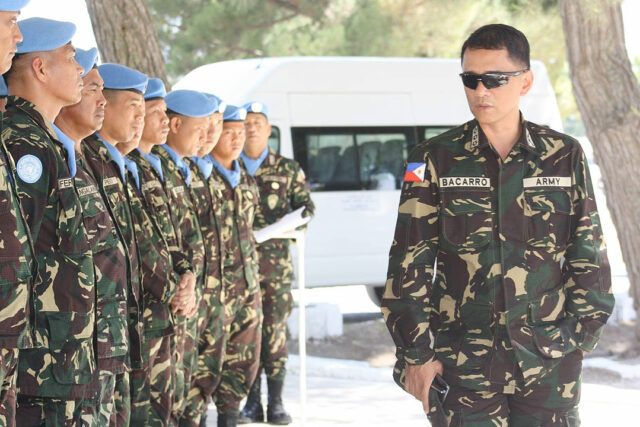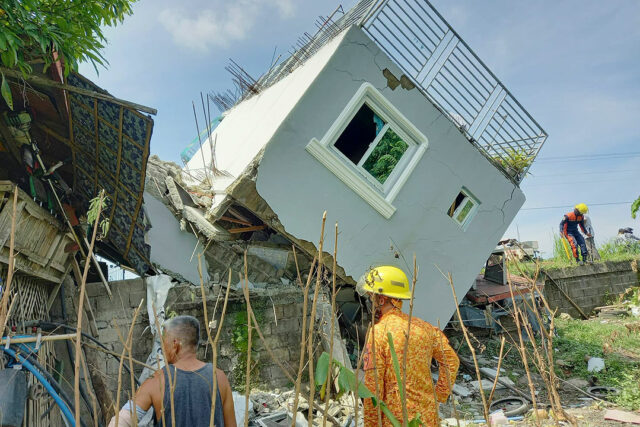According to the National Mapping and Resource Information Authority (NAMRIA), the Philippines is made up of 7,641 islands, which contain significant natural resources. Despite the abundance of such resources, the country is still in the early stages of exploiting these natural assets to produce renewable and sustainable energy. The main constraint appears to be the lack of investment due to the high cost of developing, producing, and sustaining renewable energy.
In his first State of the Nation Address, President Ferdinand R. Marcos, Jr. said renewable energy is at the top of his climate agenda. The President called for increased use of hydropower, geothermal, solar, and wind. The increased use of renewables will help expand the power supply to meet growing demand.
To help attract investment to renewable energy (RE), the Bureau of Internal Revenue (BIR) issued Revenue Regulations (RR) No. 7-2022, setting guidelines for the availment of fiscal incentives under Republic Act (RA) No. 9513, otherwise known as the Renewable Energy Act of 2008.
The salient provisions of the RR are discussed below.
CERTIFICATIONS/ACCREDITATIONS TO AVAIL OF THE TAX INCENTIVE
RE Developers and manufacturers, fabricators, and suppliers of locally produced RE equipment must register with the Department of Energy’s (DoE) Renewable Energy Management Bureau (REMB). They must secure and submit to the BIR the DoE Certificate of Registration or the DoE Certificate of Accreditation. Other certifications required are the DoE Certificate of Endorsement (CoE), Registration with the Board of Investments (BoI), and Certificate of Income Tax Holiday (ITH) Entitlement (CE).
INCENTIVES FOR RE PROJECTS AND ACTIVITIES
a. Income Tax Holiday. ITH of seven years from the start of commercial operations (SCO) is provided to existing RE Projects and New investment in RE Resources. RE Developers undertaking discovery and development of new RE resources distinct from their registered operations may qualify as new projects and must set up a separate book of accounts to be registered with the BIR. In such a case, a fresh ITH from start of commercial operations applies. For additional investment in RE projects, the ITH only applies to the income attributable to the additional investment.
b. Corporate income tax of 10%. Following the expiration of the ITH, all registered RE Developers pay a corporate income tax of 10% on their net taxable income: Provided, that the RE Developers pass on the savings to the end-users in the form of lower power rates.
To avail of this incentive, the RE Developer must submit the following to the BIR:
1. Copy of the Certificate of Endorsement issued by the DoE prior to the first year of its availment of the 10% corporate income tax rate;
2. Valid and subsisting renewable energy service/operating contract and the corresponding Certificate of Registration; and
3. Sworn Undertaking attached to the ITR stating that for the year of availment of the 10% corporate income tax rate incentive, it has not been found to have breached its obligations under the renewable energy service/operating contact and that it intends to pass on the savings derived from this incentive in the form of lower power rates.
The RE Developer must also attach to its ITR and submit to the BIR proof of submission to the DoE and ERC of the report, supported by technical and financial documents, in the years succeeding its initial availment of the 10% incentive. To prove that savings derived from incentives during the previous year were passed on to end-users, the RE Developer must submit to the BIR the rates approved by the ERC.
c. Net operating loss carry over. In addition to the above incentives, the net operating loss carry over (NOLCO) of RE Developers during the first three years from the SCO may be carried over as a deduction from gross income for the next seven consecutive taxable years immediately following the year of such loss. Provided, that the NOLCO has not been previously offset as a deduction from gross income, and that the loss should be from the operation and not from the availment of incentives.
d. Accelerated Depreciation. If an RE project fails to receive an ITH before full operation, an RE Developer may apply for accelerated depreciation on its plant, machinery and equipment that are reasonably needed and used for the exploration, development and utilization of RE resources. Once applied, the project or its expansions shall no longer be eligible to avail of the ITH. The RE Developer is to inform the BIR of availment of accelerated depreciation instead of ITH.
e. Zero Percent VAT Rate. Sale of power or fuel generated through RE sources is subject to 0% VAT. The local purchase by RE Developers of goods, property, and services needed for the development, construction, and installation of power plant facilities, and the whole process of exploration and development of RE sources up to its conversion of power, is subject to 0% VAT. Accordingly, local suppliers of goods, properties, and services of duly registered RE developers should not pass on the 12% VAT, provided, that the RE Developer provides a copy of its BoI and DoE registration to avail of the VAT incentive.
f. Tax exemption of carbon credits. All proceeds from the sale of carbon emission credits are exempt from any and all taxes.
INCENTIVES FOR RE COMMERCIALIZATION
Sale of locally produced RE equipment and components by accredited and registered DoE and BoI manufacturers, fabricators, and suppliers to RE Developers are subject to the following incentives:
1. VAT-free imports of components, parts, and materials subject to conditions;
2. ITH and exemption for seven years starting from date of registration and accreditation with DoE and BoI; and
3. VAT zero-rating on their transactions with local suppliers of goods, properties, and services needed in the manufacture/fabrication of RE equipment.
By creating policies and guidelines for availing of incentives, the RE industry is encouraged to invest more in the renewable energy market. Considering the uncertainty hanging over the price of oil, the adverse impact of climate change, and the increasing demand for electricity, it is high time to shift the focus to maximizing the use of natural resources to achieve self-reliance in energy. Relying on renewable energy will not only save billions of pesos; it can also save the country from the catastrophic effects of climate change.
Let’s Talk Tax is a weekly newspaper column of P&A Grant Thornton that aims to keep the public informed of various developments in taxation. This article is not intended to be a substitute for competent professional advice.
Lorenzo Miguel A. Soriano is a senior in charge of Tax Advisory & Compliance division of P&A Grant Thornton, the Philippine member firm of Grant Thornton International Ltd.
pagrantthornton@ph.gt.com












